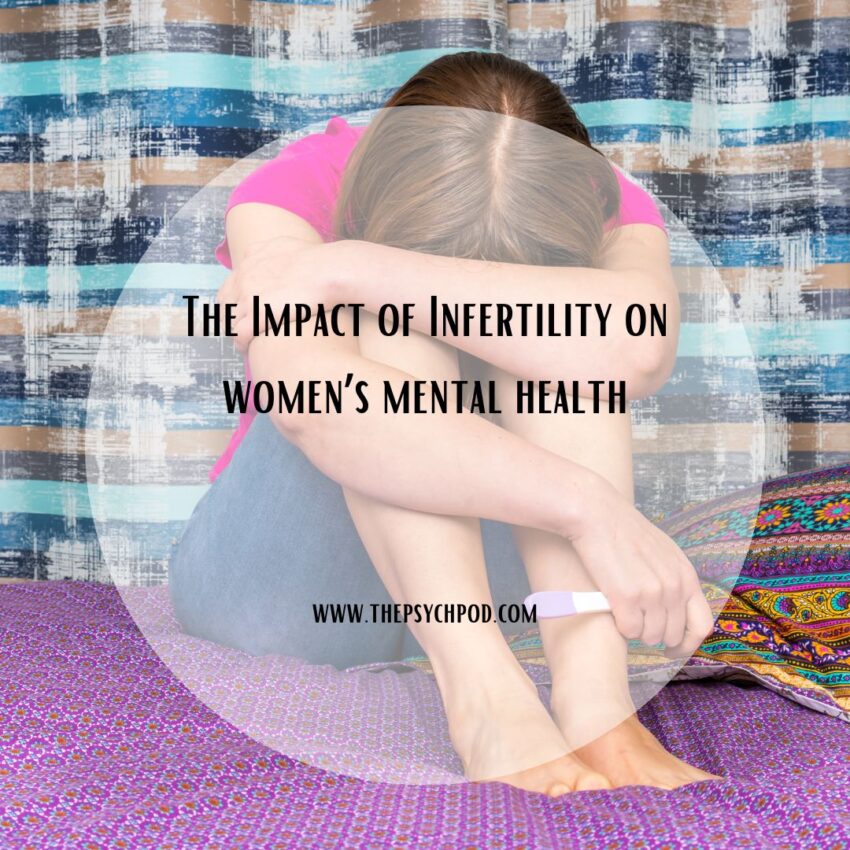Infertility can have a profound impact on women’s mental health, leading to a range of emotional responses and psychological challenges:
Grief and Loss: Women experiencing infertility often grieve the loss of the biological child they had hoped for. This grief can be ongoing and may be triggered by reminders such as pregnancy announcements or baby showers.
Depression: Infertility can contribute to feelings of sadness, hopelessness, and despair, especially if conception is a deeply cherished goal. The prolonged struggle to conceive can lead to clinical depression in some cases.
Anxiety and Stress: The uncertainty surrounding infertility treatments, fear of failure, and financial strain can cause significant anxiety and stress. Women may worry about the effectiveness of treatments, potential side effects, and the future of their family.
Low Self-esteem and Identity Issues: Infertility can challenge a woman’s sense of identity and self-worth, particularly if she strongly identifies with the role of motherhood. Feelings of inadequacy or failure may arise, especially if societal expectations around motherhood are internalized.
Social Isolation: Women experiencing infertility may withdraw from social interactions, particularly those involving pregnant friends or family members, as these situations can be painful reminders of their own struggles. This isolation can exacerbate feelings of loneliness and alienation.
Relationship Strain: Infertility can strain relationships with partners, leading to increased conflict, communication breakdowns, and feelings of blame or resentment. Couples may struggle to navigate the emotional toll of infertility together.
Negative Coping Mechanisms: Some women may turn to negative coping mechanisms such as substance abuse, overeating, or social withdrawal to cope with the emotional pain of infertility. These behaviors can further exacerbate mental health issues and strain relationships.
Impact on Daily Functioning: Infertility-related distress can interfere with daily functioning, including work, relationships, and self-care. Concentration difficulties, sleep disturbances, and changes in appetite are common.
It’s important for women experiencing infertility to seek support from mental health professionals, support groups, and loved ones. Counseling and therapy can provide a safe space to process emotions, learn coping strategies, and develop resilience in the face of fertility challenges. Additionally, practicing self-care, maintaining open communication with partners, and exploring alternative paths to parenthood can help women navigate the psychological impact of infertility and foster a sense of hope and empowerment.
Dr. Velmi, Psy.D.
